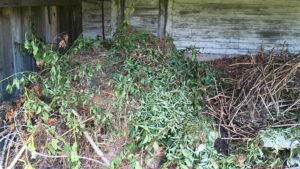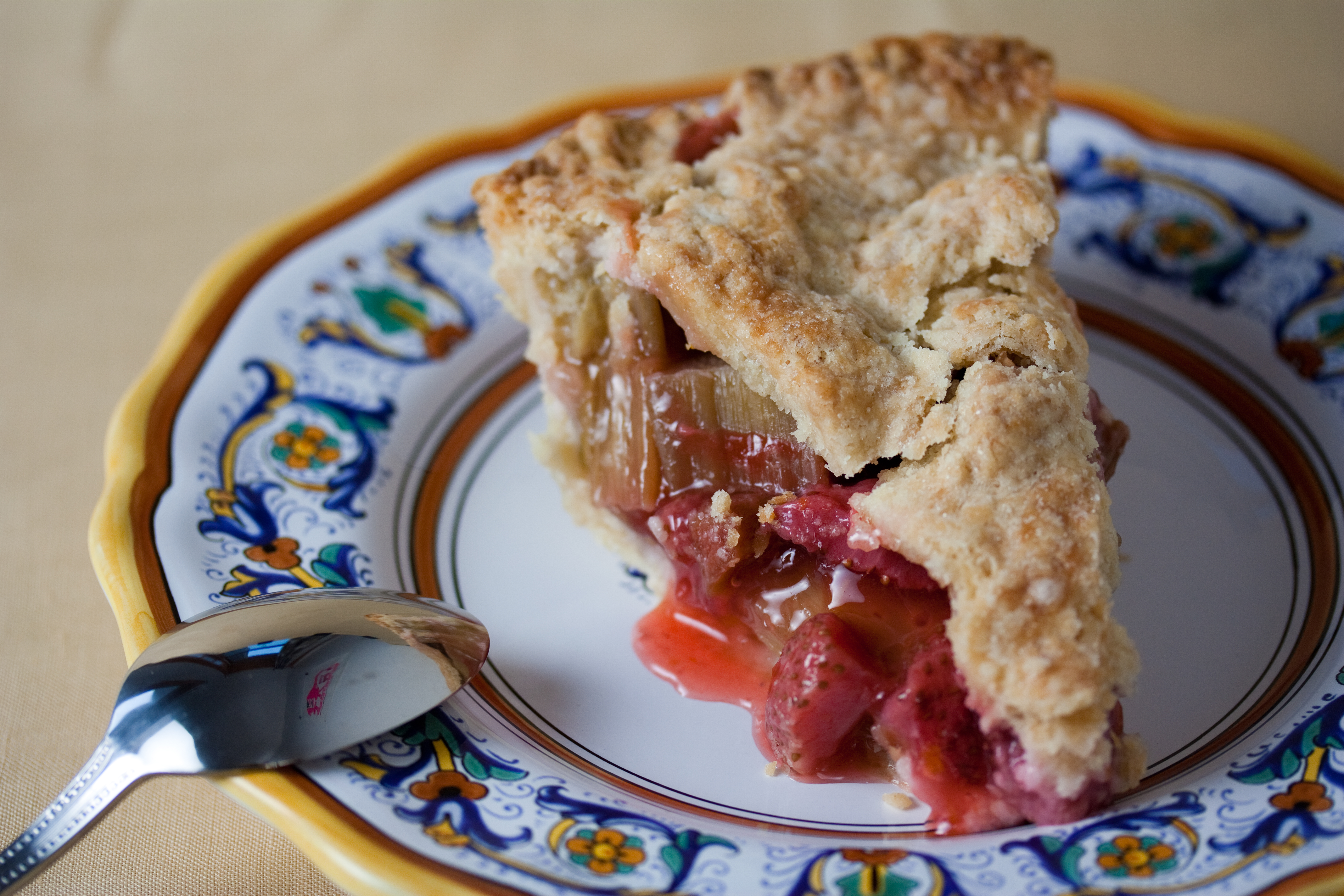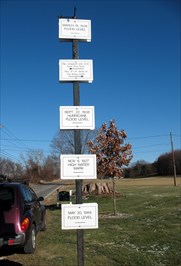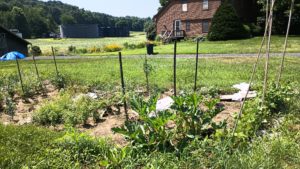T minus 48 hours until I leave for a three-week trip to Japan, and what am I doing? Pulling grass clumps out of the gravel driveway.
During the past several years, I let the driveway and the connecting brick walkway to the side entrance of my house go to pot–or more literally go to grass. Because keeping it weed-free was like the Mickey Mouse scene in the Sorcerer’s Apprentice. There was simply no way to keep up.
So last fall I paid a landscaper a lot of money to re-gravel the driveway and literally unearth the brick walkway, which had become completely covered with sod. And I thought that would be it. But, silly me–the grass and assorted plants underneath the gravel and between the squares of brick had other ideas.
Since I’m opposed to Round-Up and any other earth-toxic remedies, Google gave me two choices: weed by hand or treat the area with a solution of white vinegar and dish soap. This means I have spent many hours this summer in the hot sun pulling clumps of grass out of the driveway, since that method was listed as more effective, saving the vinegar/soap solution only for the stubborn pieces that refused to budge. I’ve discovered that while vinegar kills some of the grass, it doesn’t necessarily penetrate down to the root system, or kill all of it, so I have to keep respraying. And for every tuft of grass I pull out, I can be assured that the next week–or maybe even the next day–there’ll be more green blades sprouting nearby. Aargh! Mickey, I feel you!
Usually I just focus on the most offending area for ten or fifteen minutes, which makes the task manageable, figuring I can keep things under control in piecemeal fashion without letting the obsession take over my life. But today, knowing that the grass was going to get a free pass for three weeks, I spent two hours at the call of my perfectionist demons. Am I really a bad person if the grass takes over? I tried to talk back to them as I heaved out another recalcitrant hump of crabgrass and shook out the large pieces of gravel that stuck to its needy roots.
 Of course, I’m not a bad person, even if I return to find my walkway a snarling mess. Nevertheless, I felt deluged with shame last year when I had to admit defeat with the driveway and call for professional help–the same kind of shame I felt when I first returned to playing the piano and couldn’t get through any of the pieces I wanted to play without a million mistakes. But somewhere in the past three years with piano, in addition to acquiring more dexterity through frequent practicing, I’ve learned to laugh when I mess up, then patiently go over the tricky passages. And then, even if I still can’t play the hard parts perfectly, I tell myself I’ve done well enough for today. And that playing the piece still brought me joy. Like my flower garden, which is NEVER weed-free, but still a pleasing, cultivated chaos.
Of course, I’m not a bad person, even if I return to find my walkway a snarling mess. Nevertheless, I felt deluged with shame last year when I had to admit defeat with the driveway and call for professional help–the same kind of shame I felt when I first returned to playing the piano and couldn’t get through any of the pieces I wanted to play without a million mistakes. But somewhere in the past three years with piano, in addition to acquiring more dexterity through frequent practicing, I’ve learned to laugh when I mess up, then patiently go over the tricky passages. And then, even if I still can’t play the hard parts perfectly, I tell myself I’ve done well enough for today. And that playing the piece still brought me joy. Like my flower garden, which is NEVER weed-free, but still a pleasing, cultivated chaos.
(Especially now that my walkway is clear!!)


And like all that practicing, which HAS made the hard parts easier, I’m also celebrating all the weeding I HAVE done since the beginning of the year. And I’ve got this YUGE weed pile to prove it! LOL!
And I got a blog post out of this morning’s ordeal. Considering that Substack is adding to my perfectionist anxiety by sending me nudges to blog once a week, I’m happy to have one more item crossed off my checklist. Now, on to packing. I’m looking forward to blogging next time from Japan–where I’m sure the flowers will be perfect!
To subscribe to this blog, sign up at ddinafriedman.substack.com


 One of my favorite suggestions (and a practice I already regularly engage in) is walking in nature. I learned this from my husky-shepherd, Lefty, who quickly made it clear that the key to keeping him calm was a long off-leash walk in the woods every day. I found this break so nourishing, I’ve continued the practice. Even though he’s been gone for 12 years, I make a point of walking daily in all kinds of weather. And when I need an extra nudge to get my tired or tense torso out the door, I channel the ghost of my four-legged personal trainer, remembering that even at the very end of his life, he’d battle his own demons of arthritis, fatigue and lethargy for the joy of being in the woods.
One of my favorite suggestions (and a practice I already regularly engage in) is walking in nature. I learned this from my husky-shepherd, Lefty, who quickly made it clear that the key to keeping him calm was a long off-leash walk in the woods every day. I found this break so nourishing, I’ve continued the practice. Even though he’s been gone for 12 years, I make a point of walking daily in all kinds of weather. And when I need an extra nudge to get my tired or tense torso out the door, I channel the ghost of my four-legged personal trainer, remembering that even at the very end of his life, he’d battle his own demons of arthritis, fatigue and lethargy for the joy of being in the woods.


 And when a new path opens up (i.e. in the middle of doing submissions, a poem begs for a rewrite or a few lines pop into my head, or I get a brilliant idea for a new story) I let myself wander off the path, the way my husband and I often follow unmarked trails in the woods, confident that we know the local forests (just as I know my own internal map) well enough to find our way back home.
And when a new path opens up (i.e. in the middle of doing submissions, a poem begs for a rewrite or a few lines pop into my head, or I get a brilliant idea for a new story) I let myself wander off the path, the way my husband and I often follow unmarked trails in the woods, confident that we know the local forests (just as I know my own internal map) well enough to find our way back home.
 I highly recommend writing dates with friends (either in-person or on Zoom) as a way of getting going. In addition to enjoying a brief visit before writing, I couldn’t just tweak a poem or two and then get up to succumb to the call of the unpaid bills or the weedy garden, because at the end of the session I knew we’d be reporting to each other on what we’d done and possibly sharing some of our work. Even as I flitted from poem to poem and took several breaks for Wordle and its Dordle and Quordle variants, not to mention checking email and social media, I kept coming back–until I could look at a poem and remember why I wrote it and why it might still matter. And that helped me finally make the shift back to my creative center.
I highly recommend writing dates with friends (either in-person or on Zoom) as a way of getting going. In addition to enjoying a brief visit before writing, I couldn’t just tweak a poem or two and then get up to succumb to the call of the unpaid bills or the weedy garden, because at the end of the session I knew we’d be reporting to each other on what we’d done and possibly sharing some of our work. Even as I flitted from poem to poem and took several breaks for Wordle and its Dordle and Quordle variants, not to mention checking email and social media, I kept coming back–until I could look at a poem and remember why I wrote it and why it might still matter. And that helped me finally make the shift back to my creative center. Taking any creative risk is like driving through fog. We may not see the entire landscape of where we’re going in front of us; perhaps we can only see the vaguest contours, or a few inches of the road’s white line and a pair of headlights coming at us from the opposite direction, but we plod on ahead, focused only on what we can see, with the faith that if we keep going, the tops of the trees will slowly come into view.
Taking any creative risk is like driving through fog. We may not see the entire landscape of where we’re going in front of us; perhaps we can only see the vaguest contours, or a few inches of the road’s white line and a pair of headlights coming at us from the opposite direction, but we plod on ahead, focused only on what we can see, with the faith that if we keep going, the tops of the trees will slowly come into view.